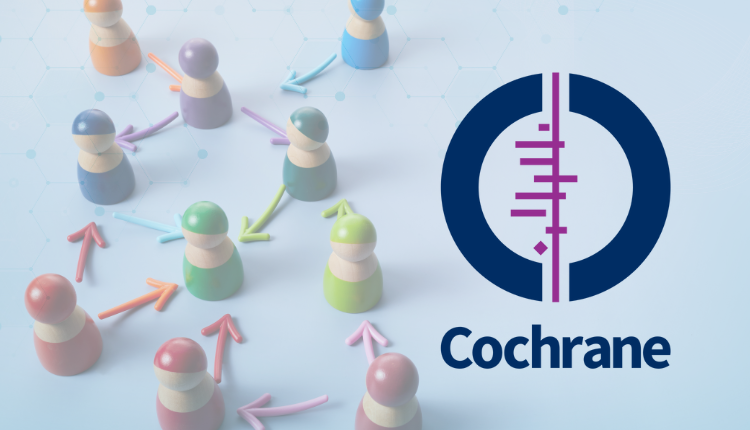In today’s fast-paced healthcare industry the need for precise, concise and effective communication has never been more critical. In a time of continuous improvement, innovative treatments and medical devices it is crucial to share complicated scientific information with a variety of parties. This includes healthcare practitioners, regulatory bodies, and patients. This is where a Medical Communications Agency steps in. Medical communications companies are specialized in translating scientific information into clear and understandable messages that influence the outcomes of patients and also inform healthcare professionals.

Simplifying complex science for a greater understanding
The ability to transform complex scientific data into an engaging and readable format is at the heart of the work carried out by a medical communication agency. This ability is essential in the medical field where precision and accuracy are of paramount importance. Medical communication companies are skilled in the presentation of large data sets to various audiences. They include health professionals, patients and regulatory authorities.
This is vitally important because healthcare professionals, researchers and patients are often not able to find the time and energy to go through extensive scientific literature. Medical communications agencies bridge the gap between the complicated science of the field and the importance of research by making it easier. The agency’s ability to craft compelling stories, and make sure that the messages are accurate pertinent, compliant, and effective, assists healthcare professionals to understand the science of treatments and therapies.
Medical Communication Services – The Full Spectrum
Medical communication services are offered at every stage of a product’s lifespan starting from the initial stages of research to post-market monitoring. Medical communications organizations are essential in ensuring that information is shared efficiently and in a legal manner.
The most important function is to plan publications. Research publications are crucial to the medical field, since they are a source of information about new developments treatment, treatments, and therapies with healthcare professionals and other users. Medical communications agencies ensure that the publications are designed and written in the way that increases their impact, thus raising awareness about medical breakthroughs.
In addition, medical communications organizations are also focused on the field of medical education. Through creating specific, engaging educational materials for healthcare professionals, these agencies help disseminate knowledge about the latest treatments and therapies. This in turn leads to better-informed healthcare providers and improved patient outcomes.
Influcting Key Opinion Leaders and Building Trust
One of the most important responsibilities of a medical communication agency is to build relationships with key opinion makers (KOLs) within the field of medicine. These KOLs have the potential to be a major influencer in the adoption of new therapies. Medical communication companies produce powerful and precise communications to ensure that these healthcare leaders are well informed and can advocate for innovation in healthcare.
Medical communication services also help businesses establish trust with healthcare professionals, patients, and communities. By providing clear, accurate and reliable information, medical communication agencies can help promote positive perceptions about treatments and treatments. In turn, this enhances the reputation and acceptance of medical firms.
AI’s Role in Medical Communications
Artificial intelligence (AI) is a technique which is gaining popularity in recent years, is being employed by medical communication agencies to improve their productivity and improve quality. AI aids agencies in processing massive amounts of data faster and more accurately, resulting in faster turnaround times and better communication.
AI aids in analyzing the vast amount of scientific data, finding opportunities and developing powerful, concise messages. This is not only speeding the process of making medical communications, but it also ensures that the final product will be highly precise and tailored to the requirements of the intended audience. The use of AI in medical communication services is revolutionizing the way agencies provide their services making them more effective and efficient in driving patient outcomes.
Conclusion
The importance of clear, accurate and convincing communication is not to be underestimated in the ever-changing world of healthcare. Medical communications companies are vital in translating scientific findings into stories that can be easily understood by medical professionals, patients and important opinion leaders. These agencies offer a variety of services in medical communication which include publication planning as well as educational resources. This ensures that any new treatments and therapies are successfully conveyed and can lead to better results for patients and advances in healthcare.
As medical communication evolves with time, the integration and application of AI and other technology will enable medical communication organizations to provide even more effective and efficient services. The work of medical communication agencies is vital to shaping the future of healthcare by making sure that difficult research is appreciated, understood and applied to areas where it is the most important for patient care.